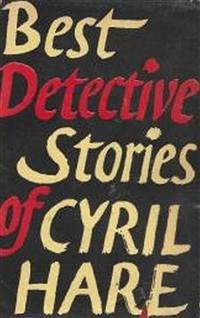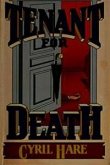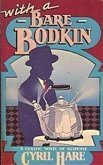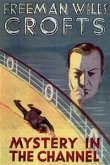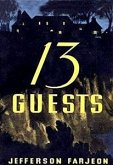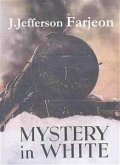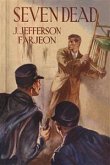Cyril Hare's short stories were mostly written for the London Evening Standard. Among them, The Story of Hermione, in which the eponymous character grows rich from the all too convenient deaths of several relatives, has been called one of the most chilling short stories ever written. Sister Bessie describes vividly the agonies of a blackmail victim and the desperate crimes he commits in the hope of freeing himself from his tormentor. Miss Burnside's Dilemma describes the predicament of a person who uncovers a piece of unscrupulous, but entirely legal chicanery by someone she had previously admired. A Life for a Life explores the possibility of atonement for one's earthly sins after death.
Bitte wählen Sie Ihr Anliegen aus.
Rechnungen
Retourenschein anfordern
Bestellstatus
Storno

